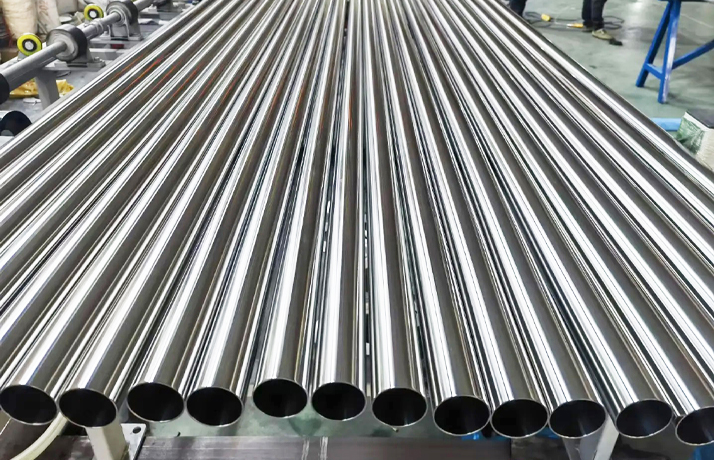
Stainless steel pipes have become indispensable in petrochemical plants due to their superior corrosion resistance, high-temperature durability, and mechanical strength. This article explores their critical applications and provides professional selection guidelines for industry practitioners.
Key Applications in Petrochemical Industry
1、Process Piping Systems: SS pipes transport corrosive media (acids, alkalis) in reactors, distillation columns, and heat exchangers. Type 316L is particularly effective against chloride-induced stress corrosion cracking.
2、Utility Services: Used in steam lines (Grade 304H withstands 870°C), cooling water systems (Duplex 2205 resists pitting), and instrument air networks.
3、Offshore Platforms: Super duplex steels (UNS S32750) handle seawater injection and hydrocarbon processing in marine environments.
4、Safety Systems: Firewater pipelines utilize austenitic steels for their non-combustibility and structural integrity.
Selection Methodology
●Material Science: Consider Cr/Ni/Mo content - 304 (18/8) for general use, 317L for high chlorides, 904L for sulfuric acid.
●Wall Thickness: Calculate using ASME B31.3 pressure design formula considering erosion-corrosion margins.
●End Connections: Butt-welded for high-pressure, flanged for maintenance-intensive sections.
●Cost Optimization: Lifecycle cost analysis often favors higher-grade alloys despite initial expense.
Future-Proofing Considerations
With the industry shifting toward bio-based feedstocks and carbon capture systems, nickel-alloyed (Inconel 625) and high-purity stainless pipes are gaining traction for handling novel corrosive byproducts.
Proper selection of stainless steel pipes significantly impacts plant safety and OPEX. Partnering with ASTM-certified manufacturers and conducting regular thickness monitoring (UT testing) ensures long-term reliability in harsh petrochemical environments.